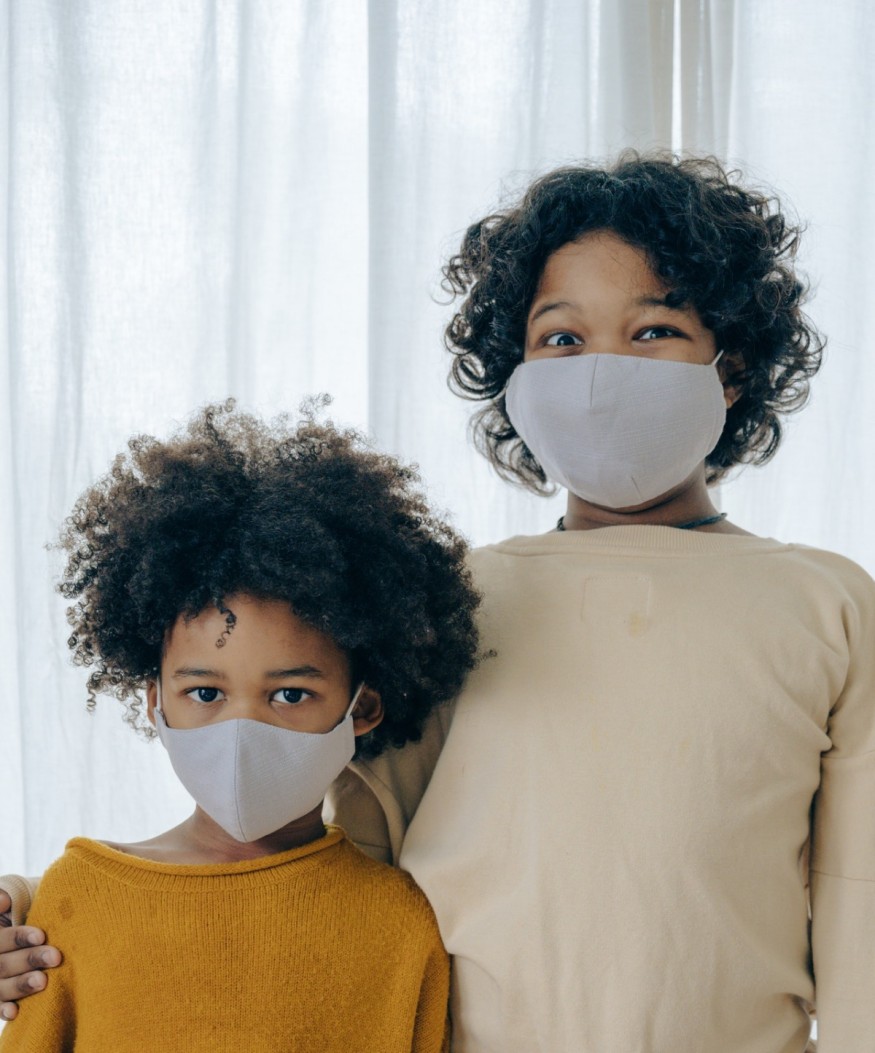
An Australian study published gives insight into how children's immune symptoms respond to SARS-CoV-2 infections.
Children are less likely to be infected with COVID-19, and when they are, kids tend to be asymptomatic. This is a complete contrast to other respiratory and viral infections that are more prevalent in young people.
How Children's Immune Systems Respond to COVID-19
A study published in the journal Nature Communications, reports the acute and convalescent innate immune response in roughly 48 children and 70 adults infected with COVID-19.
The research helps shed light on how kid's immune systems work, especially when confronted with the coronavirus--and gives clues on why they generally have milder symptoms than most adults.
Researchers analyzed 48 children in primary school across 28 households in Melbourne during the second wave. Children were exposed to COVID-19 in their households due to infected parents.
The study focuses on the innate immune responses in children, that forms the early part of the immune systems offense on viruses, bacterias, and pathogens. The children's innate immune system plays a critical role in viral protection before the body can raise antibodies.
Researchers find dynamic changes in children's early immune responses compared to adults infected with COVID-19.
The study found the white blood cell neutrophils elevated in kids exposed to the virus. These white blood cells that are key innate immune cells in children patrol the body for infections. When pathogens are discovered, the cells have the ability to respond and trap the invading pathogen.
This process ensures that the virus will not be able to infect more cells. It may also potentially decrease the "viral load" or the amount of virus in the body. Some of the participants in the study had viral loads so low that they never returned a positive COVI test despite being tested throughout the study and being exposed to COVID positive parents.
Why Do Kids Show Strong Immune Responses Than Adults?
Although the answers behind why kids show stronger immune responses with less or no symptoms as compared to adults are difficult to say, researchers suggest it's due to early immune system responses.
Previous researchers theorize that children have less ACE2 receptors in their respiratory tracts. ACE2 serves as pathways for virus entry into our cells. Hence, in theory, less ACE2 receptors should mean fewer chances for kids to contract viruses that infect cells.
Viruses tend to not survive prolonged outside exposure without host cells. With children's minimal ACE2 receptors, it gives more time for innate immune cells to control and cope with the virus.
Conventionally children are more susceptible to respiratory illnesses than adults, but it becomes the complete opposite with COVID-19. Although researchers can't definitively conclude the reason behind children's sudden display of strong immune responses, researchers believe that the secrets lie in early innate responses that adults don't normally have.
Check out more news and information on COVID-19 on Science Times.
© 2025 ScienceTimes.com All rights reserved. Do not reproduce without permission. The window to the world of Science Times.











